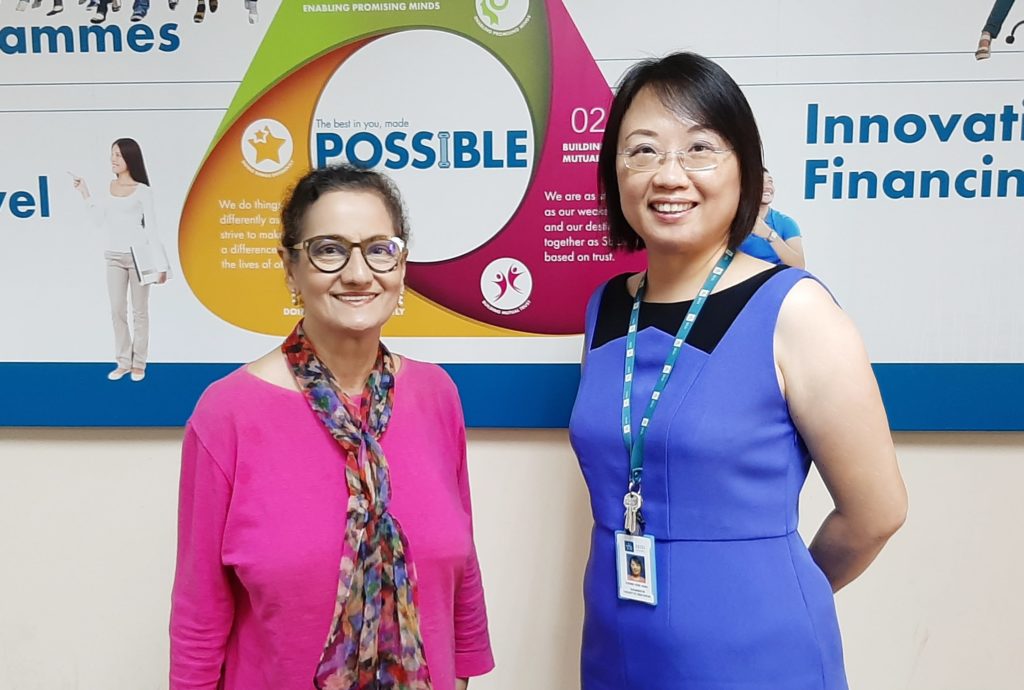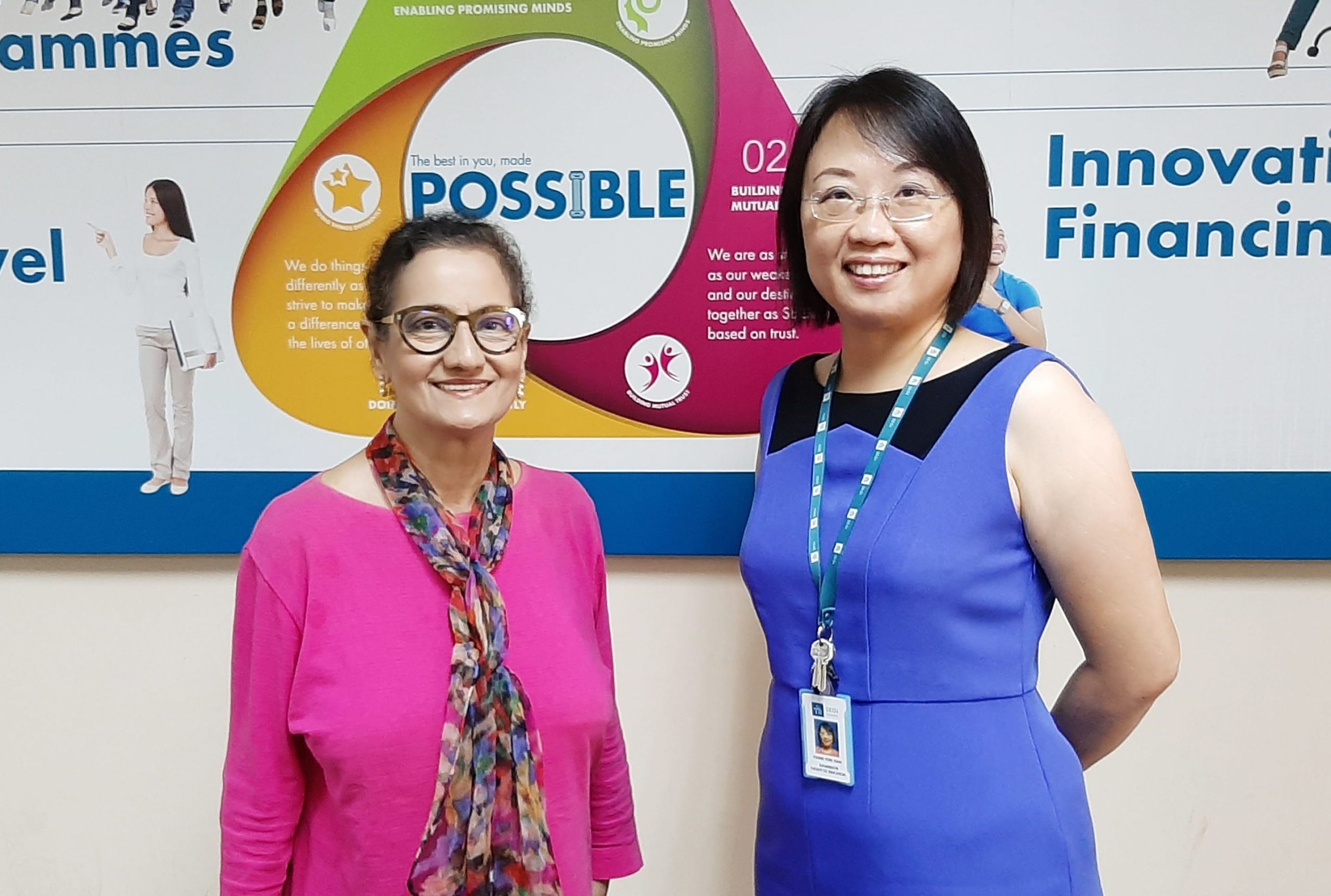Early childhood care and education (ECCE) has had a presence in Malaysia since the 40s. While the importance of ECCE remains indisputable, many experts still believe that there are gaps within the field that require a strategic intervention.
Most of these gaps are related to policies that have been in existence since pre-independence. As Malaysia inherited these policies post-independence, efforts were made to redesign the policies and introduce new and more comprehensive policies to meet current and future needs. However, as community needs differed in various states, the ECCE services fell under the purview of four ministries – Education; Women, Family and Community Development; Rural Development; and the Department of National Integration. The private sector, non-governmental organisations and religious agencies also played a significant role as they too offered ECCE services.
Although ECCE has a long history, it was only looked at more rigorously over the last two decades. The National Preschool Curriculum was officially introduced in 2003, and the National Curriculum for Early Childcare and Education (PERMATA) was implemented in 2008. As stakeholders begin realising the importance of ECCE for the holistic development of a child, the gaps and incoordination among stakeholders, policymakers and implementers caught the attention of many.
To address these gaps and to study measures that can help strengthen the quality of Malaysian ECCE, the National Child Development Research Centre (NCDRC) under Universiti Pendidikan Sultan Idris (UPSI) and SEGi University entered into a research collaboration in 2017 to evaluate the efficacy of existing education policies and study the needs of various ECCE stakeholders. The main purpose of the research project was to find solutions that can establish a more informed and solutions-driven ECCE community in the country.
This research was part of the bigger sub-project that focused on “Malaysian ECCE Programme Evaluation – Improving Quality and Informing Policy”. The study on policy matters related to ECCE led an 11-member research team at SEGi University to conduct a comprehensive survey involving five stakeholders, namely Policy Makers, Preschool Operators, Parents, Teachers and Special Education Teachers. There were over 3,000 participants in this research.
The recently concluded study found that many of the issues and gaps highlighted by the stakeholders can be addressed with a single coordinating agency to coordinate and manage the registration and monitoring of preschools in Malaysia. The proposed agency will not just serve a reference point on policy matters but also serve as a service hub that connects stakeholders to the relevant ECCE services.
“The dearth of policy awareness often leaves preschool operators in a perplexed state because they have to visit various departments for approval. A single agency can help coordinate the registration and quality assurance processes under one roof. This can help reduce and ultimately eliminate the issue of unregistered preschools and childcare centres,” explained Research Project Leader Professor Dr. Mogana Dhamotharan.
She said that introducing a single dedicated agency can ease and harmonise the process for ECCE centre operators. The Agency can do more public awareness programmes for stakeholders to educate them on matters crucial to families and children. It also helps parents in making informed decisions on their children’s education.
According to SEGi University Faculty of Education and Languages Dean, Dr. Lydia Foong, one of the co-researchers, the research further revealed other inadequacies and room for improvement. For instance, although there was high policy awareness among the implementers of policies, it was limited to their own area of work or study making it difficult for them to formulate a comprehensive policy that encompasses all the essentials ranging from registration to training and administration.
 Prof Mogana (left) and Dr. Foong are calling for a concerted effort to comprehensively educate various stakeholders on education policies and streamline the public and private education setting to create a sustainable ecosystem.
Prof Mogana (left) and Dr. Foong are calling for a concerted effort to comprehensively educate various stakeholders on education policies and streamline the public and private education setting to create a sustainable ecosystem.
She added that parents were concerned about the lack of supervision or monitoring at preschools, as well as the quality of teachers’ and principals’ experiences, personalities and competencies.
Parents of children with special needs, in particular, expressed their concerns on teachers’ qualification and experience. Teachers, however, were lamenting on the lack of training, funding and resources required for this specialised field.
Both academics also emphasised that a concerted effort must be made to communicate the critical points of various policies through effective channels. They added that effort must also be made to streamline the public and private education settings to establish a more inclusive and sustainable ECCE ecosystem.

